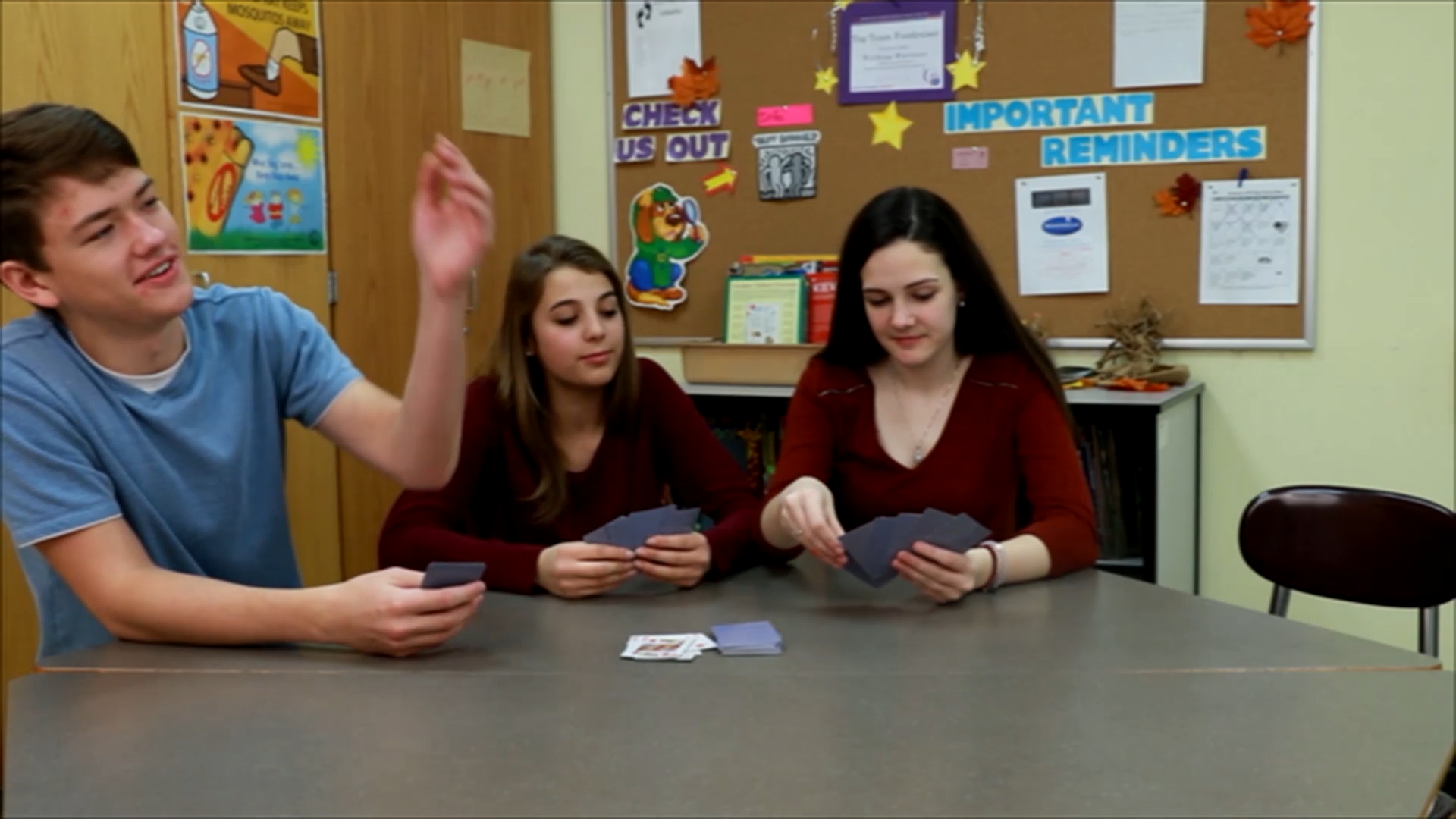Introduction
In today’s world, it’s crucial for students to develop strong social skills that will help them navigate their personal and professional lives. One such skill is inclusiveness, which refers to the practice of making everyone feel welcome and included in various situations. By teaching inclusiveness, educators can help students build empathy, compassion, and a sense of belonging. In this blog post, we will explore a no-prep activity that educators can use to teach inclusiveness, followed by discussion questions to stimulate further conversations, and related skills to enhance students’ social-emotional learning.
No-Prep Activity: The Compliment Circle
This simple yet effective activity requires no preparation or materials from the educator. It aims to create a positive atmosphere in the classroom and encourage students to appreciate and include one another.
- Ask the students to sit in a circle, facing each other.
- Explain that each student will have a turn to give a compliment to the person sitting to their right.
- Encourage the students to think about a genuine and specific compliment that they can give, such as mentioning a positive trait or action they’ve noticed in the other person.
- Once everyone has had a turn, ask the students to reflect on how they felt while giving and receiving compliments.
- Discuss the importance of noticing and appreciating the positive qualities in others, and how this can help create a more inclusive environment.
Discussion Questions
- Why do you think it is essential to include others in activities and conversations?
- How does it feel when you are left out of a group or activity? How can we prevent others from feeling this way?
- Can you think of a time when you included someone who was left out? How did it make you feel, and what was the impact on the other person?
- What are some other ways we can practice inclusiveness in our daily lives, both inside and outside the classroom?
- How can being inclusive contribute to building stronger friendships and a positive classroom community?
Related Skills
Besides inclusiveness, there are several other social skills that students can benefit from learning and practicing. These include:
- Active Listening: Encouraging students to listen carefully to others, ask questions, and respond thoughtfully can help create an environment where everyone feels heard and valued.
- Empathy: Teaching students to put themselves in others’ shoes and understand their feelings can lead to more compassionate and inclusive behavior.
- Conflict Resolution: Equipping students with the tools to resolve disagreements and find solutions that work for everyone can help maintain a positive and inclusive atmosphere.
- Cooperation: By working together and collaborating on tasks, students can learn the importance of supporting and including their peers.
Next Steps
Teaching students the importance of inclusiveness and other social skills can make a significant difference in their lives, both now and in the future. If you’re interested in exploring more activities and resources to help teach these valuable skills, we invite you to sign up for free sample materials at Everyday Speech. These resources will provide you with additional tools to create a supportive and inclusive classroom where all students can thrive.






